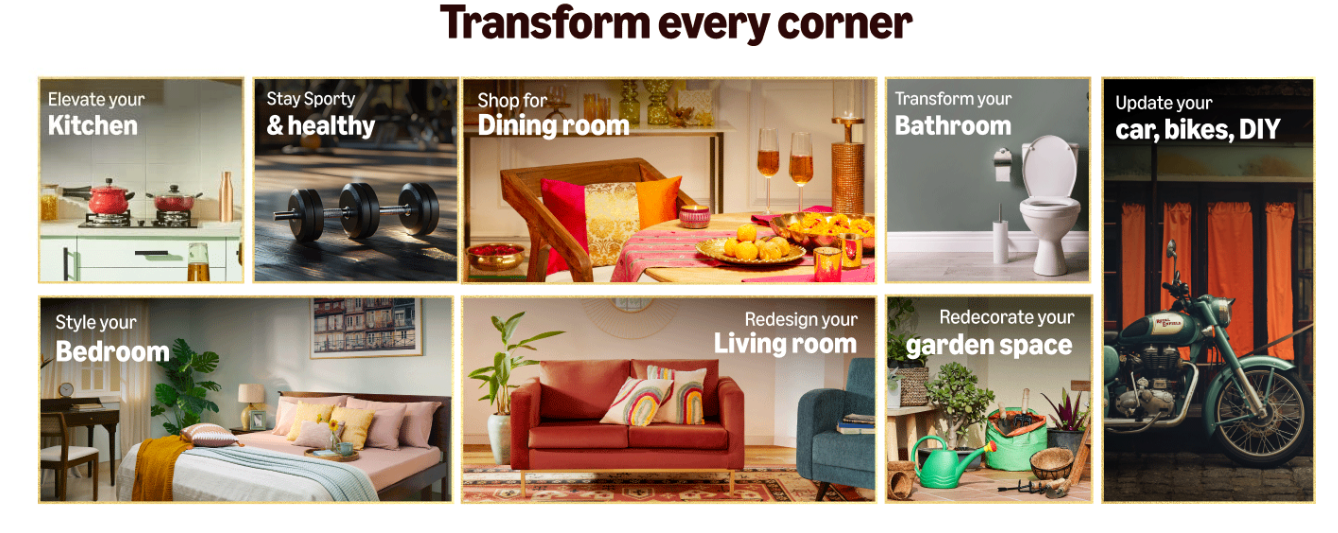Most houses require an inverter, especially in places where power disruptions are common. It is an electrical gadget that transforms direct current (DC) power from a battery into alternating current (AC) power that may be used to power different household appliances. However, with so many alternatives on the market, selecting the appropriate inverter may be difficult. Here are some helpful hints for selecting the best inverter for your home.
Determine Your Power Requirements
The first step to choosing the right inverter for your home is to determine your power requirements. This will depend on the appliances you intend to power during a power outage. You can get an estimate of the power requirements by adding the wattage of all the appliances you want to run simultaneously. The total wattage will help you determine the capacity of the inverter you need to purchase.
Look for a Pure Sine Wave Inverter
Pure sine wave inverters are considered to be the best choice for home use as they provide a stable and clean source of power. They are also compatible with most appliances, including those with sensitive electronics like laptops, televisions, and refrigerators. In contrast, modified sine wave inverters can cause damage to electronic devices and appliances and are not recommended for home use.
Consider the Battery Type and Capacity
Inverters rely on batteries for their power source. Therefore, it’s essential to choose the right battery type and capacity to ensure efficient and uninterrupted power supply. Lead-acid batteries are the most commonly used battery type for inverters, and they come in two types: flat plate and tubular. Tubular batteries are considered to be more durable and efficient than flat plate batteries.
The battery capacity will determine the runtime of the inverter. Therefore, it’s crucial to choose a battery with sufficient capacity to power your appliances for the desired duration. You can calculate the battery capacity you need by multiplying the total wattage of your appliances by the estimated runtime.
Consider the Inverter’s Efficiency
The efficiency of an inverter is measured by its ability to convert DC power from the battery into AC power. Inverters with higher efficiency ratings consume less power from the battery and produce less heat, resulting in longer battery life and reduced electricity bills. It’s recommended to choose an inverter with an efficiency rating of at least 80%.
Look for Additional Features
Additional features such as overload protection, short-circuit protection, and low battery alarms can make your inverter safer and more reliable. Overload protection ensures that the inverter shuts down automatically when it’s overloaded, preventing damage to the inverter and appliances. Short-circuit protection prevents damage to the inverter in case of a short circuit, while low battery alarms notify you when the battery is running low.
choosing the right inverter for your home requires careful consideration of your power requirements, battery type and capacity, inverter efficiency, and additional features. By following the above tips, you can ensure that you select an inverter that meets your needs and provides reliable and uninterrupted power supply during a power outage.
Note : In association with the product(MakeShoppingEasy.com) makes no warranties of any kind, either express or implied, including but not limited to warranties of merchantability, fitness for a particular purpose, of title, or of noninfringement of third-party rights.
All responsibility for quality, performance or safety of any product rests with the individual manufacturer. The site is not liable for any actual or perceived defect in the quality, performance, efficacy or safety of any product, or any injury or death resulting, or alleged to have resulted therefrom.
- Anni Designer Kurtis Under ₹499 – Affordable Ethnic Wear Every Woman Is Searching For
- 🎨 Surya Graphics – Your Trusted Printing & Packaging Partner in Coimbatore
- 🚀 Transform Your Home Workouts with This Feature-Packed Motorized Treadmill (Up to 14 km/h & Smart Features!)
- 🌾 Pongal 2026 Shopping Begins! Why Sri Ganapathy Mart is Your One-Stop Destination for a Grand Festival Makeover 🌾










